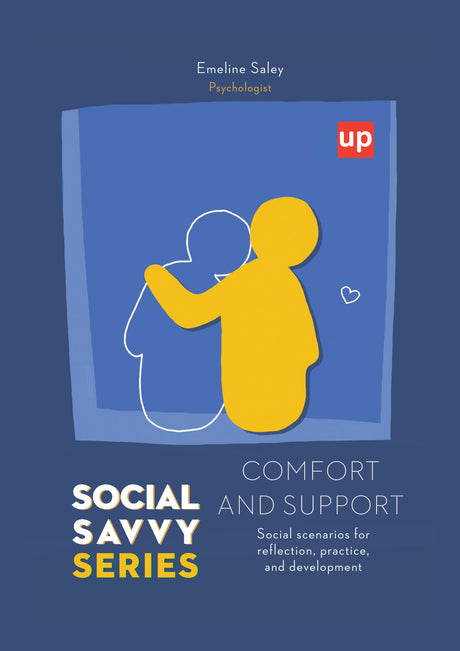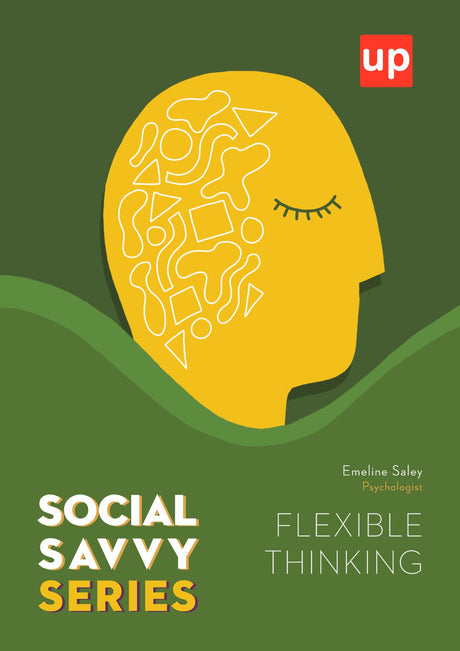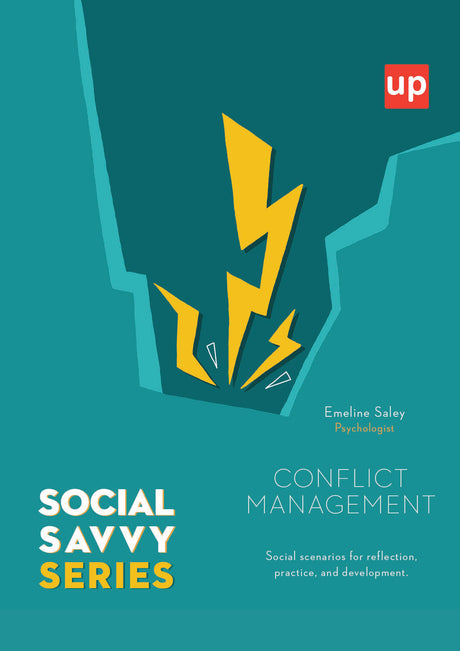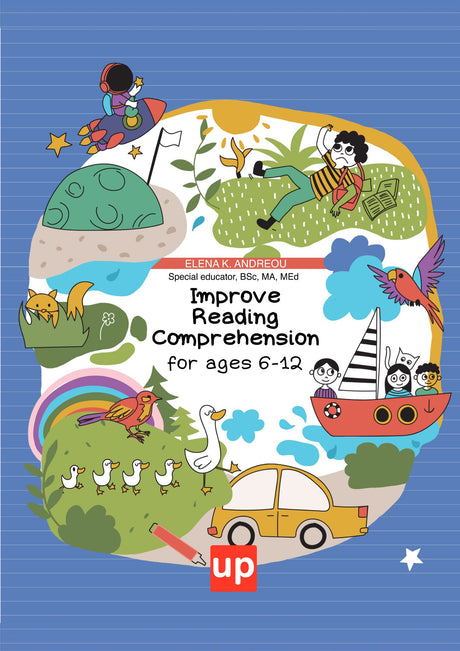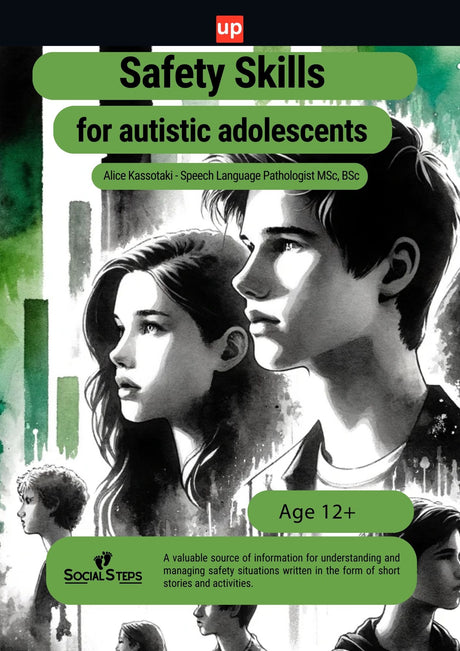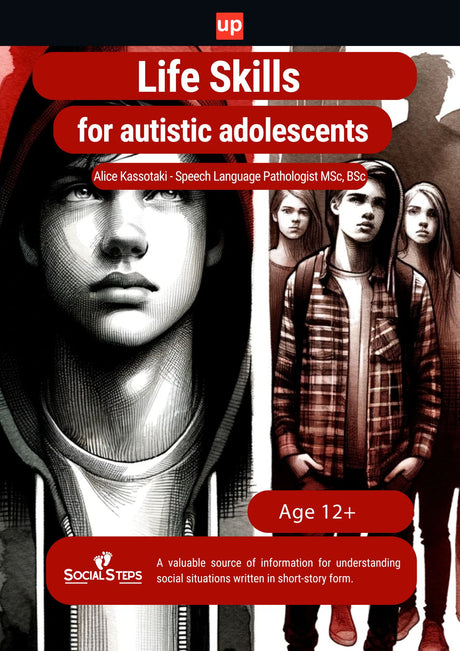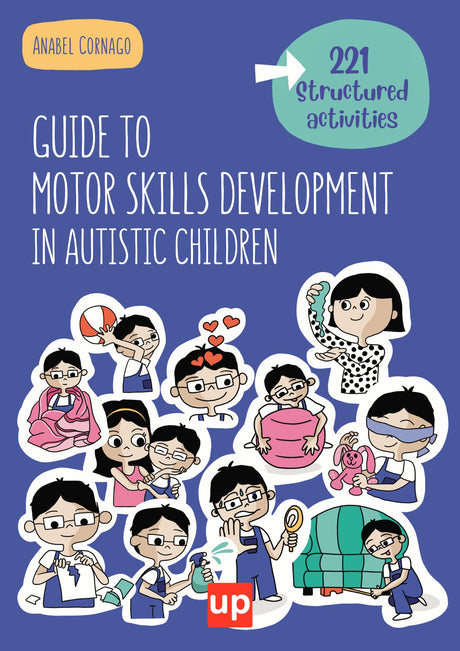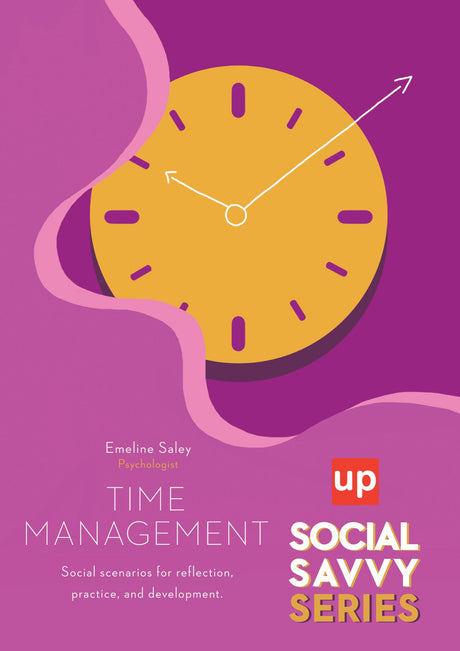I. Attention deficit disorder adults
Adult attention deficit disorder (ADHD) is a topic that has gained increased awareness and understanding in recent years. While commonly associated with children, many adults also live with the challenges and opportunities presented by this neurodevelopmental condition. In this post, we will explore the concept of growth and personal development as a result of attention deficit disorder in adults. By understanding, embracing and addressing the unique aspects of attention deficit disorder, we can turn it into a pathway for personal growth and success.
II. Understanding the disorder
A. Definition of attention deficit disorder and its symptoms
Attention deficit disorder, commonly referred to as Attention Deficit Hyperactivity Disorder (ADHD), is a neurodevelopmental disorder characterized by a persistent pattern of inattention, impulsivity, and hyperactivity that interferes with daily life and functioning. It is important to note that not all adults with attention deficit disorder exhibit hyperactivity. Symptoms of PD in adults can manifest in a number of ways, including
- Difficulty staying focused and maintaining attention on tasks
- Difficulty following through on commitments or plans
- Procrastination and poor time management
- Impulsiveness in decision making or behaviour
- Restlessness or difficulty sitting still
- Frequently interrupts others or talks excessively
- Difficulty in organising tasks and activities
- Forgetfulness in daily activities
B. The impact of distraction on daily life and functioning
Distraction can have a significant impact on a person's daily life, affecting various aspects of work, relationships and personal well-being. Adults with attention deficit disorder may struggle with work performance, maintaining relationships and managing daily responsibilities. The challenges faced by adults with attention deficit disorder can lead to feelings of frustration, low self-esteem, and even depression.
C. Dispelling common misconceptions about attention deficit disorder
 There are several misconceptions about attention deficit in adults that need to be addressed:
There are several misconceptions about attention deficit in adults that need to be addressed:
Myth: Attention deficit disorder is only a childhood disorder.
Fact: Although it is often diagnosed in childhood, it can persist into adulthood for many individuals.
Myth: Adults with attention deficit disorder are just lazy or unmotivated.
Fact: Attention deficit disorder is a neurodevelopmental condition and the challenges faced by adults with this disorder are not the result of laziness or lack of motivation.
Myth: All adults with attention deficit disorder are hyperactive.
Fact: Hyperactivity is only one aspect of attention deficit disorder and many adults with this condition may not have hyperactivity at all.
III. The positive aspects of distraction in adult life
Despite the challenges associated with attention deficit disorder, there are several positive aspects that can be harnessed for personal growth and development.
A. Creativity and innovation
Adults with attention deficit disorder often possess exceptional creativity and innovative thinking. The unique brain wiring of individuals with attention deficit disorder allows them to think outside the box and come up with new ideas and solutions.
B. Adaptability and resilience
Living with attention deficit disorder requires great adaptability and resilience. Adults with this condition often gain skill in navigating change and overcoming obstacles, which makes them resourceful and adaptable to different situations.
C. Enhanced problem-solving skills
The unconventional thought processes of adults with attention deficit disorder can lead to enhanced problem-solving skills. These individuals are often able to identify patterns and make connections that others may overlook.
D. Unique perspectives and experiences
The unique experiences and perspectives of adults with attention deficit disorder can contribute to a rich and varied personal and professional life. By embracing their differences, individuals with attention deficit disorder can cultivate a strong sense of identity and self-awareness.
IV. Strategies for personal growth and development
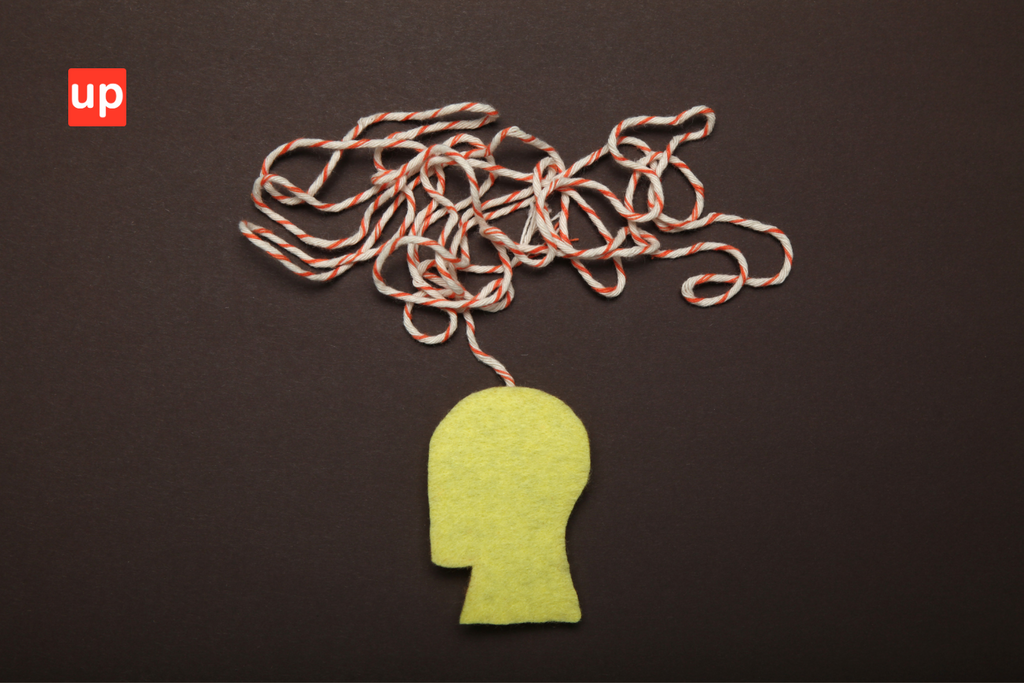 A. Identification and adoption of personal strengths
A. Identification and adoption of personal strengths
In order to realize growth potential and personal development, it is important for adults with distraction to identify and embrace their personal strengths. This process includes self-reflection, journaling, and seeking feedback from trusted friends or mentors. By understanding and utilizing their unique abilities, individuals with distraction can build a foundation for success in various aspects of life.
B. Seeking professional help and support
Working with mental health professionals, such as therapists, psychologists or psychiatrists, can be an invaluable resource for adults with attention deficit disorder. These professionals can help develop tailored strategies to manage symptoms, improve daily functioning, and promote personal growth.
C. Developing healthy habits and routines
Establishing and maintaining healthy habits and routines can have a significant impact on the well-being and success of adults with attention deficit hyperactivity disorder. This can include:
- Regular exercise, which has been shown to improve focus and reduce symptoms of attention deficit disorder
- A balanced diet that includes key nutrients that support brain health
- Adequate sleep, as poor sleep can exacerbate the symptoms of attention deficit disorder
- Mindfulness practices, such as meditation or yoga, which can improve focus and emotional regulation
D. Implement strategies for improved focus and organisation
In addition to developing healthy habits, adults with distraction can benefit from implementing specific strategies to improve focus and organization. These may include:
- Creating a structured daily schedule, with designated time for work, relaxation and self-care
- Breaking tasks into smaller, more manageable steps
- Using visual aids, such as calendars, planners or to-do lists, to help you stay organised
- Minimizing distractions in the workplace, such as turning off notifications on electronic devices
- Setting short-term goals and celebrating achievements to keep motivated
V. Success stories
 A. Showcasing inspiring individuals who have overcome challenges
A. Showcasing inspiring individuals who have overcome challenges
There are many inspiring examples of adults with attention deficit hyperactivity disorder who have overcome challenges and achieved success in their personal and professional lives. These individuals serve as role models and demonstrate the potential for growth and development despite the obstacles they have faced.
B. The importance of role models and mentors in personal development
Having role models and mentors who have successfully addressed the challenges of distraction can be an invaluable resource for personal growth. These individuals can provide guidance, inspiration and practical advice, helping others with attention deficit disorder to recognise their potential and succeed.
C. Learn from the experiences of others and apply them to your own life
By studying the stories of others who have successfully managed their attention deficit, individuals can gain valuable insights and strategies that they can apply to their own lives. This process can include reading books, attending workshops or seminars, or participating in online communities where adults with attention deficit disorder can share their experiences and support each other.
VI. Building a supportive community
A. The role of friends, family and peers in personal development
A supportive community is vital to personal growth and development, particularly for adults with attention deficit disorder. Friends, family and peers can provide encouragement, understanding and accountability, helping people with attention deficit disorder to cope with challenges and achieve their goals.
B. Connecting with others who have distraction
Connecting with others who share similar experiences can be a powerful source of support and camaraderie. There are numerous support groups, both online and in-person, where adults with ADHD can connect, share their stories and learn from each other.
C. Participate in support groups, workshops and seminars
Participation in support groups, workshops and seminars focused on attention deficit disorder can provide valuable opportunities for learning and personal growth. These events often include expert speakers, interactive activities and the opportunity to connect with others who share similar experiences.
VII. The role of medication
A critical aspect of managing attention deficit in adults and supporting personal development is the exploration of various treatment options. Medication, such as stimulant and non-stimulant medications, can help alleviate symptoms and improve daily functioning.
It is important to work closely with a healthcare professional to find the most effective medication and dosage for your individual needs. In addition to medication, therapy can play a vital role in addressing the challenges associated with attention deficit.
Cognitive-behavioral therapy (CBT), for example, is an evidence-based approach that helps individuals develop strategies to manage symptoms, improve organization, and enhance emotional regulation. Other therapeutic approaches, such as mindfulness-based therapies or coaching, can also provide valuable tools and support for adults with attention deficit disorder on their journey to personal growth and development.
VIII. Strategies for maintaining healthy relationships
Strategies for maintaining healthy relationships: an important aspect of personal development and well-being for adults with attention deficit disorder. Effective communication is key to promoting understanding and empathy with friends, family and colleagues. By openly discussing the unique challenges and strengths associated with attention deficit, individuals can help others gain insight into their experiences and create a supportive environment.
Setting clear boundaries and managing expectations can also contribute to healthier relationships by allowing adults with attention deficit to maintain a balance between personal and professional responsibilities. In addition, learning and applying active listening skills, practicing patience, and engaging in regular self-reflection can help adults with attention deficit navigate the complexities of interpersonal relationships, ultimately leading to more satisfying connections and support networks.
IX. Strategies for stress management
As it can help relieve symptoms and promote personal growth. Tailoring stress management techniques to the unique needs of individuals with attention deficit disorder can lead to more successful outcomes. Mindfulness exercises, such as meditation or deep breathing, can help improve focus and emotional regulation, making it easier to cope with difficult situations.
Time management tools, such as setting priorities, delegating tasks and using digital or paper planners, can help reduce the stress associated with feeling overwhelmed or disorganised. In addition, relaxation techniques, such as progressive muscle relaxation or guided imagery, can help relieve the physical and emotional tension that can exacerbate attention deficit symptoms.
By incorporating these strategies into daily routines, adults with attention deficit can enhance resilience, reduce anxiety, and promote overall well-being and personal growth.
X. Coexisting conditions
It is important to recognise that attention deficit in adults is often accompanied by co-existing conditions such as anxiety, depression or learning difficulties. These conditions can exacerbate the challenges faced by people with attention deficit and may require additional support and intervention.
Addressing these co-occurring conditions is a critical part of a comprehensive approach to the personal growth and development of adults with attention deficit. By working with mental health professionals and support networks, individuals can develop tailored strategies to manage and alleviate the symptoms of these co-occurring conditions in conjunction with attention deficit.
This holistic approach can lead to improved mental health, increased resilience and greater capacity for personal growth, ultimately enabling adults with attention deficit disorder to reach their full potential and live fulfilling lives.
Conclusion
Attentional distraction in adults presents both challenges and opportunities for growth and personal development. By understanding and embracing the unique aspects of attention deficit disorder, individuals can harness their strengths and turn obstacles into pathways to success. By seeking professional help, developing healthy habits, implementing strategies for better concentration and organization, and creating a supportive community, adults with attention deficit disorder can achieve personal growth and live fulfilling lives.
It is important to treat distraction as an opportunity for growth rather than a limitation. The positive aspects of attention deficit disorder, such as creativity, adaptability and problem-solving skills, can be powerful catalysts for personal growth when embraced and nurtured.
We encourage all adults with attention deficit disorder to share their experiences and insights, as this contributes to a greater understanding and appreciation of the unique gifts and challenges associated with this neurodevelopmental condition. By working together, we can create a world where adults with attention deficit disorder are empowered to reach their full potential and live a life of growth, achievement and personal fulfillment.
Original content from the Upbility writing team. This article, in whole or in part, may not be republished without attribution to the publisher.


